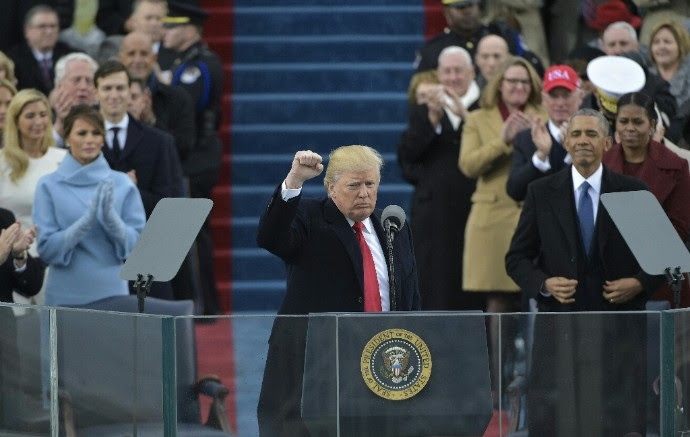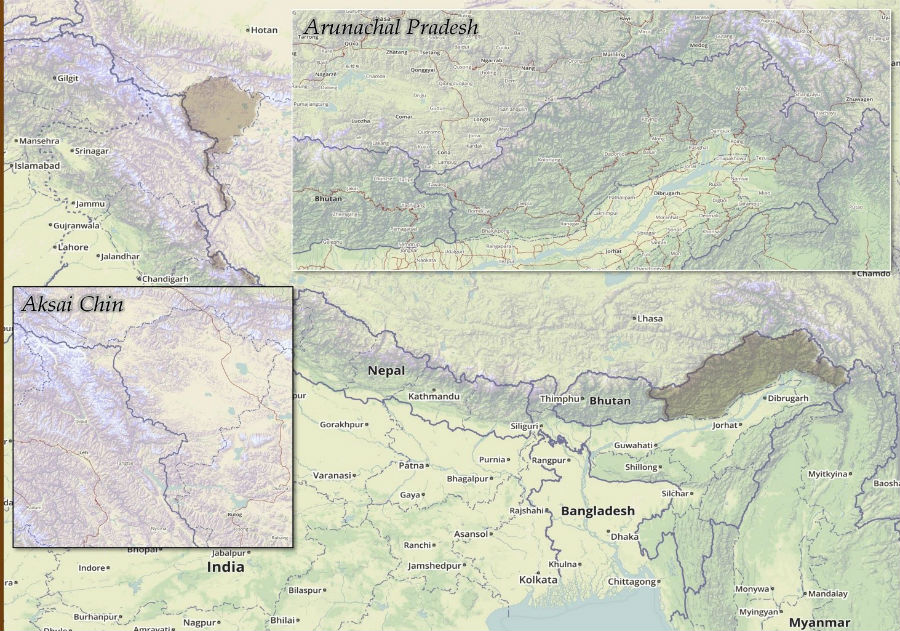By George Friedman
During President Donald Trump’s inauguration speech last Friday, he reiterated his promise to destroy the Islamic State. Previously, he also pledged to reduce international commitments that don’t benefit the United States. The two statements are not incompatible. Trump is simply saying that the destruction of IS is fundamental to the national interest. On the surface, this is not an obvious priority, so we must try to understand why IS is so important in his thinking.
IS is a Sunni movement, primarily located in Syria and Iraq, committed to re-establishing the caliphate and dominating the Islamic world. It has established a relatively contiguous area of control stretching from Mosul to Palmyra. Within this space, it has developed a government, and its capital is Raqqa. It maintains rudimentary services, raises taxes and conducts trade. It also maintains a substantial military that has been battling forces trying to retake Mosul. If it succeeds in uniting the Islamic world under a caliphate, it could represent a global challenge. A modern industrialized society governed by a single, integrated state based on Shariah and possessing that much territory would be a very real challenge to American interests.
U.S. President Donald Trump pumps his fist after addressing the crowd during his swearing-in ceremony on Jan. 20, 2017 at the U.S. Capitol in Washington. MANDEL NGAN/AFP/Getty Images
IS is far from this goal and has many steps to execute on the way there, so the likelihood of this happening is extremely low. If it was moving in that direction, future intervention would make more sense. It also should be remembered that a Shariah-based industrial force able to project power globally would face tension between the social order commanded by Shariah and a truly global power. In addition, IS threatens regional powers like Turkey Iran, Saudi Arabia and Israel with its military capabilities, and others, including the United States, with intermittent terrorist attacks. In the end, the single power most hostile to the Islamic State is Iran, which IS challenges theologically and politically.
Looked at in this way, it would seem to follow that IS does not pose a direct threat now to the United States, and that plenty of intermediate, regional powers are in a position to block IS. Therefore, given the overarching theme of Trump’s global strategy, IS should be a problem for regional powers to deal with; the U.S. does not need to address it until much further down the line, if ever. We need to understand the reasoning for this.


















